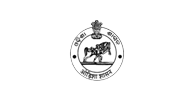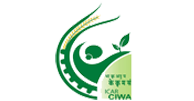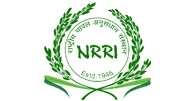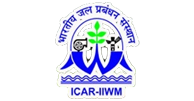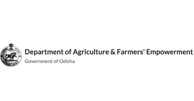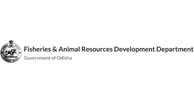Women Self-Help Groups (WSHGs) supported by building technical skills, financial literacy, and sustainable livelihoods, enhancing self-reliance, income generation, and climate resilience within communities.
Women Friendly Sustainable Farming Technology
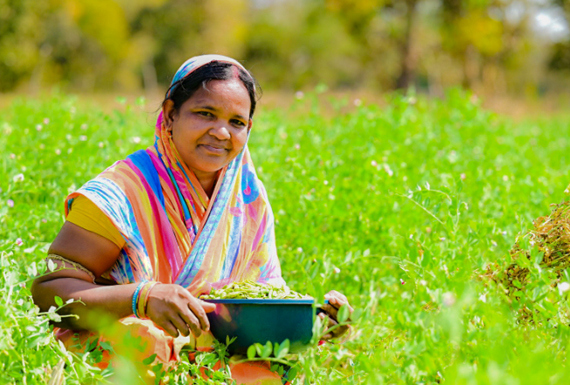
ClimatePRO project focuses on increasing cropping intensity in Pani Panchayats by adopting good practices tailored to local conditions. Introducing shorter-duration rice varieties during Kharif creates possibility for Rabi crops using residual soil moisture. Coupled with improved varieties of pulses, oilseeds, and vegetables, these practices boost productivity, profitability, and sustainability, ensuring resilient and efficient agricultural systems.
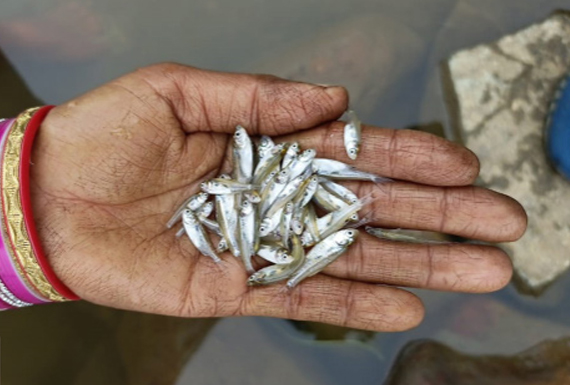
The transformative power of small indigenous fish species in enhancing nutrition, livelihoods, and sustainability. These tiny aquatic treasures are rich in micronutrients, offering a vital source of nourishment for vulnerable communities while contributing to food security and climate resilience. With each handful, embrace the promise of a healthier, more sustainable future for all.

Paving the way for sustainable farming and to break gender stereotypes in small scale women growers.
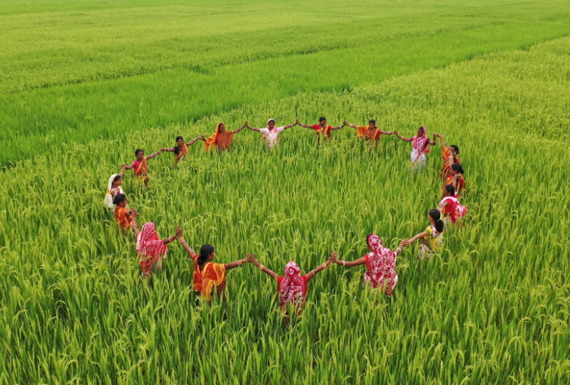
During collabration with International Rice Research Institute (IRRI) high yielding Rice varieties, BRRI-69,CO-56 and KNM-1638 have been grown under varying climatic and hydrological conditions.

Engaging with youth for agriculture to strengthen local food system and to embrace the technology

Women harvesting fish embody resilience and skill, blending tradition with sustenance in the fisheries sector. Their expertise in fish harvesting showcases an age-old practice vital to community livelihoods. As stewards of aquatic resources, these women contribute significantly to food security and local economies, demonstrating their integral role in sustainable fisheries. This inspiring effort not only preserves cultural heritage but also champions gender empowerment in fostering climate-resilient and inclusive growth.

28 29 Pests in paddy cultivation make pesticide application essential for protecting crop yield and quality. Farmers typically use manually operated sprayers with a 10 to 20-liter tank. At ClimatePRO, the importance of personal protective equipment (PPE) is stressed during pesticide handling. To support women farmers, IRRI provides smaller, ergonomic sprayers and safety kits through FPC’s Farmer Service Centres. These tools reduce fatigue and minimize exposure risks, promoting safer farming practices and lowering the potential for pesticide poisoning.



